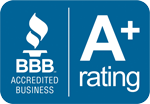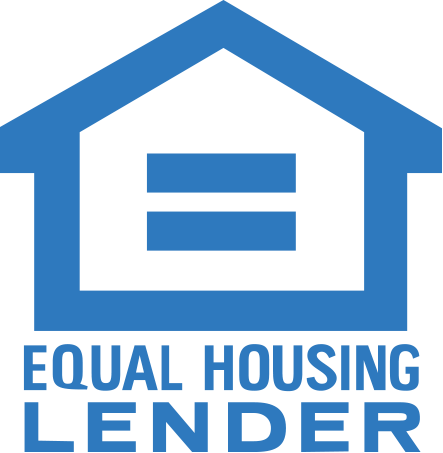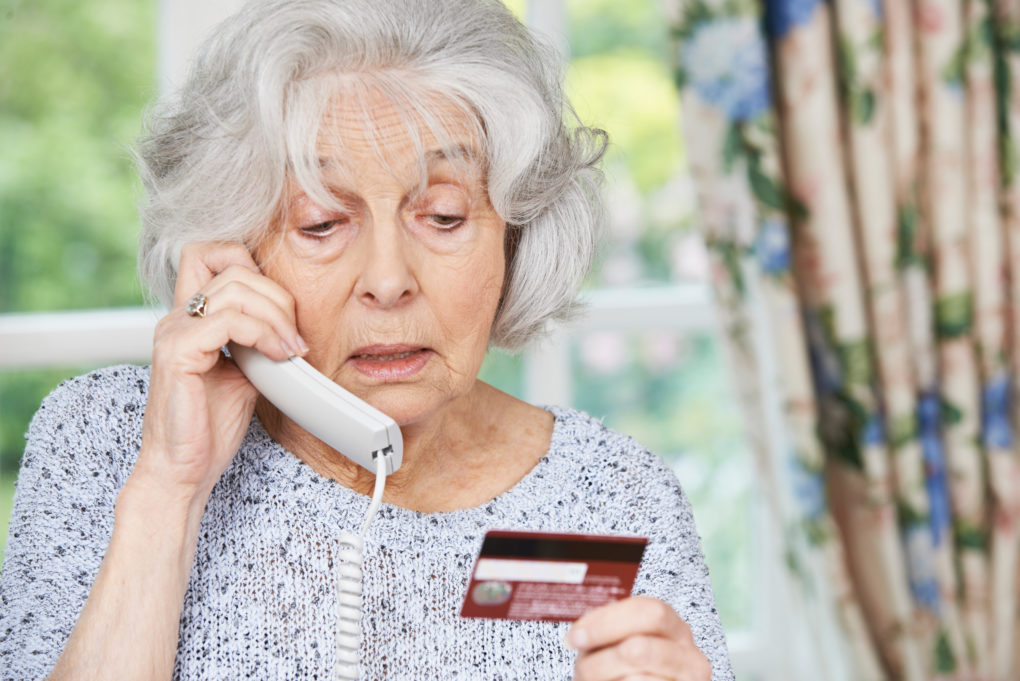One of the sad realities of an emergency is that there are people who come out of the woodwork to take advantage of others by seeking to fleece them of their money or steal their identities.
During the COVID-19 crisis, scammers are as busy as ever, and they are using this opportunity to especially target seniors, believing that they are gullible and easily duped. But of course, you are not, and you just need to be able to recognize a scam when you are targeted.
The best way to not get bamboozled is to understand which scams are proliferating and what you should do if you are targeted. Here are the most common methods these criminals are using today.
Phishing and fake e-mails
Most scams are going to come at you by e-mail. The majority of scam e-mails directed at seniors are what is known as “phishing,” whereby the sender tries to get certain information from the recipient, such as your Social Security number and banking information.
Once they obtain that information, they can use it to apply for new credit cards, withdraw funds from your bank accounts and make purchases online. The damage can be swift and costly.
They are using the COVID-19 crisis by making it seem like the e-mail is coming from a trusted organization, such as a bank or the IRS. And don’t be fooled by a domain name that has the words COVID or coronavirus in it. Thousands of new domain names with those words have been purchased in the last few months, and sadly many of them are being used for nefarious purposes.
Government checks
The $2.2 trillion Coronavirus Aid, Relief, and Economic Security Act, or CARES Act for short, includes provisions for all taxpayers to receive $1,200 to assist them through this difficult time. But before the ink was dry on the law, predatory scams started. Many of them take advantage of the confusion over who will be receiving checks, as well as the politics of the law.
Scammers are out in force to try to get their hands on people’s checks, especially seniors. According to the Federal Trade Commission, there are a number of ways to identify a scam related to these payments. Be very wary of:
- Any e-mails or calls that ask you to pay a fee to receive your funds faster.
- Any e-mails or calls asking for your Social Security number, bank account, or credit card number.
- Any communications that offer to help you receive the funds sooner.
The government would not offer any of the above. Do not give financial information to anyone saying they’re associated with the government, banking institutions or other organizations in regard to the COVID-19 economic stimulus plan.
Offering vaccinations or medications
Because COVID-19 seems to have the most severe effects on the elderly population, scammers are also contacting them with offers of cures, vaccines and other remedies.
You should know that there are no medicines on the market (by prescription or over the counter) that have been proven to have an effect on COVID-19. Likewise, no vaccine has been developed and there will likely not be one available in 2020. Anybody offering you access to a vaccine or a medication that cures the virus is lying and is likely a scammer.
Some e-mails purport to be from government health authorities asking people to submit their Social Security number so they can be contacted about a time and date to receive a vaccination shot, which then never happens.
Scammers may ask for payment for these medications and elicit credit card and other personally identifiable information.
The takeaway
During this time of concern and stress, don’t let the scammers get the best of you. If you are contacted in any of the above ways, you should be extremely wary. Investigate as much as you can, but don’t provide any of the information they are asking for.




